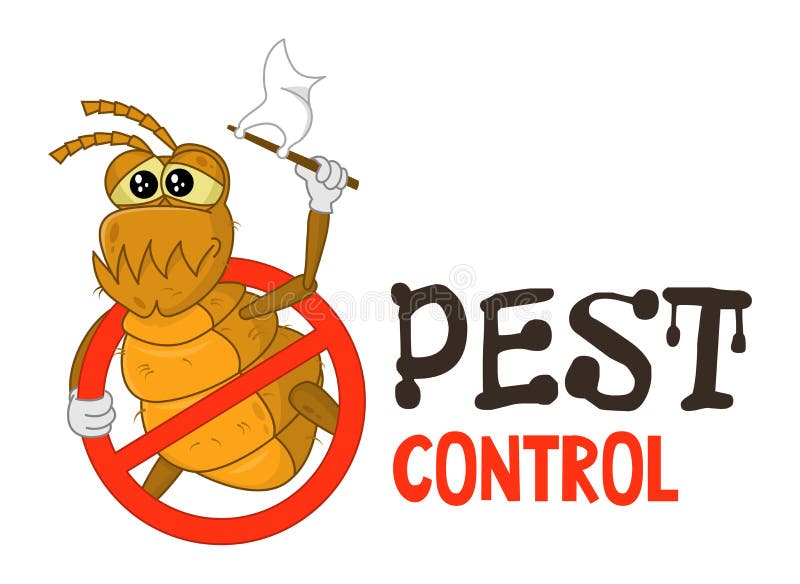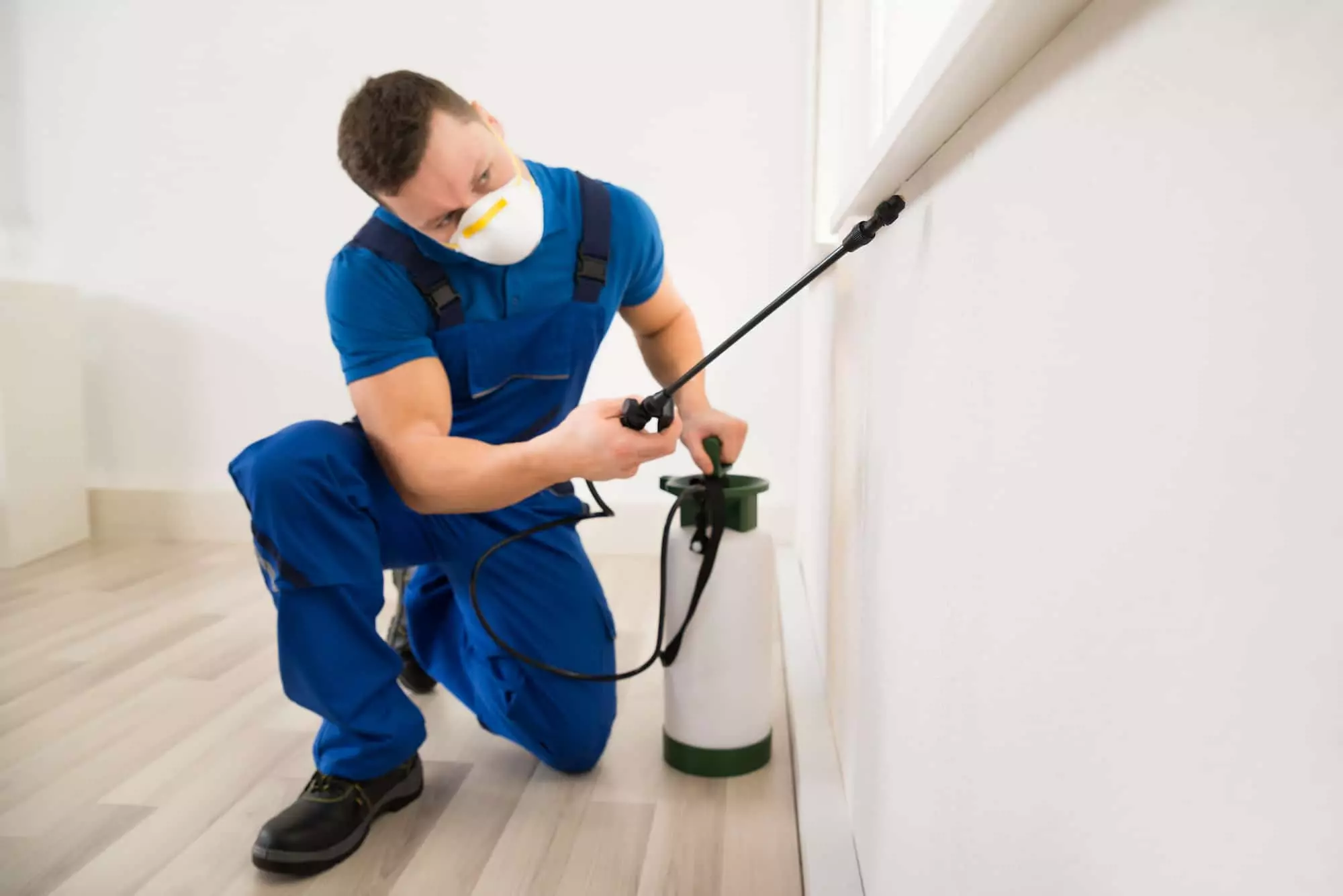Safe and Trustworthy Insect Control for Lasting Defense
Efficient pest monitoring requires a complex method that stabilizes eco-friendly integrity with the requirement for effective insect suppression. The subtleties of these techniques might not be quickly clear, motivating a more detailed examination of the techniques that can lead to lasting insect control end results.
Understanding Parasite Control Methods
Parasite control encompasses a range of techniques intended at managing and getting rid of undesirable pests and rodents that can threaten both health and wellness and home. Comprehending these methods is critical for reliable pest management.
The primary categories of parasite control methods include mechanical, organic, and chemical strategies. Mechanical approaches include physical barriers and traps to stop parasite entrance and capture unwanted varieties. Using screens on windows or using sticky catches can considerably lower pest populaces without introducing damaging materials - exterminator coquitlam.

Chemical pest control is typically one of the most identified technique, using pesticides to eliminate bugs. These chemicals can be efficient however need to be utilized with caution to avoid adverse impacts on non-target types and the environment.
Advantages of Eco-Friendly Solutions
How can eco-friendly options change parasite control practices? The adoption of environment-friendly bug control techniques supplies various advantages, considerably enhancing the performance and safety of insect monitoring.

An additional advantage is the favorable effect on local biodiversity. Environment-friendly solutions are developed to target certain bugs while maintaining beneficial bugs and wild animals, advertising a balanced community. This approach straightens with the expanding customer need for sustainable methods, boosting the reputation of pest control carriers.
Integrated Insect Administration Methods
The implementation of environment-friendly options normally brings about the adoption of Integrated Insect Administration (IPM) methods, which better enhance bug control effectiveness. IPM is a holistic technique that integrates several methods to handle insect populaces while decreasing ecological influence. This method stresses the usage of biological, social, mechanical, and chemical controls, making sure a sustainable and balanced technique of pest administration.
One fundamental facet of IPM is the thorough analysis of parasite activity and ecological problems. By keeping an eye on parasite populaces and determining their life process, professionals can apply targeted interventions that interfere with the parasite's habitat or lifecycle, decreasing reliance on chemical pesticides. Furthermore, social methods such as crop turning and habitat manipulation can significantly reduce pest establishment and reproduction.
An additional important element is the usage of organic control representatives, such as advantageous pests or microorganisms, which can normally subdue parasite populaces. When chemical applications are required, IPM prioritizes using low-risk pesticides and applies them uniquely, decreasing direct exposure to non-target organisms and people.
Incorporating IPM techniques not just improves bug control performance however additionally advertises a safer community, aligning with the growing demand for lasting practices in bug administration.
Safe Practices for Homeowners
Understanding the relevance of secure techniques in pest control can equip home owners to properly handle insect issues while safeguarding their wellness and the atmosphere. Implementing non-toxic techniques and preventative procedures is critical in lessening direct exposure to harmful chemicals.
Homeowners should first evaluate their environment for conditions that attract pests, such as standing water, clutter, and food waste. On a regular basis cleansing and securing access points can prevent insects from attacking the home. Making use of all-natural deterrents, such as necessary oils or diatomaceous planet, can give effective options to chemical pesticides.
When chemical treatments are essential, home owners need to choose items that are specifically identified as risk-free for domestic usage. It is vital to follow application guidelines thoroughly to avoid too much exposure. Using targeted therapies in locations where parasites are determined, instead than blanket splashing, can significantly minimize chemical use.
Lastly, preserving open interaction with pest control specialists is essential. Home owners ought to ask about the safety of items utilized and request environment-friendly options whenever possible. By adopting these safe techniques, homeowners can develop a much healthier living setting while successfully handling pest problems.

Tips for Long-Term Defense
Establishing an insect management approach that emphasizes long-term protection can substantially boost the efficiency of the risk-free techniques formerly gone over. To attain this, house owners residential exterminators ought to implement normal assessments of their property, concentrating on concealed locations such as attics, basements, and crawl rooms. Early detection of insect activity is essential in stopping problems from taking hold.
These practices lower attractants that attract bugs right into the home. Securing access points, such as splits around doors and windows, can properly block possible parasite gain access to.
Landscaping must additionally be considered; keeping plants trimmed and maintaining a range in between vegetation and the home decreases hiding areas for parasites. Using natural deterrents, such as necessary oils or diatomaceous earth, can further inhibit problems without resorting to harsh chemicals.
Last but not least, working together with a specialist parasite control solution for periodic assessments can supply an extra layer of safety. These experts can offer tailored recommendations and progressed therapies, guaranteeing that your home continues to be secured versus insects in the long term.
Conclusion
In conclusion, secure and trustworthy pest control calls for Continued a complex technique that highlights environment-friendly approaches and integrated parasite management. By executing natural deterrents, performing routine assessments, and maintaining proper sanitation, i loved this property owners can considerably lower insect populations while shielding helpful pests and the setting. Partnership with expert pest control solutions improves the efficiency of these strategies, ensuring customized remedies that provide long lasting protection and assurance versus future infestations.
Efficient parasite management calls for a multifaceted approach that balances eco-friendly integrity with the requirement for reliable bug suppression. The fostering of environment-friendly bug control techniques supplies countless benefits, dramatically improving the performance and safety of insect management.The application of environment-friendly services normally leads to the adoption of Integrated Insect Monitoring (IPM) strategies, which further enhance parasite control effectiveness. exterminator coquitlam. By monitoring bug populaces and identifying their life cycles, practitioners can implement targeted treatments that disrupt the parasite's environment or lifecycle, reducing dependence on chemical pesticides.In verdict, safe and dependable parasite control needs a multifaceted method that stresses environmentally friendly approaches and incorporated insect monitoring